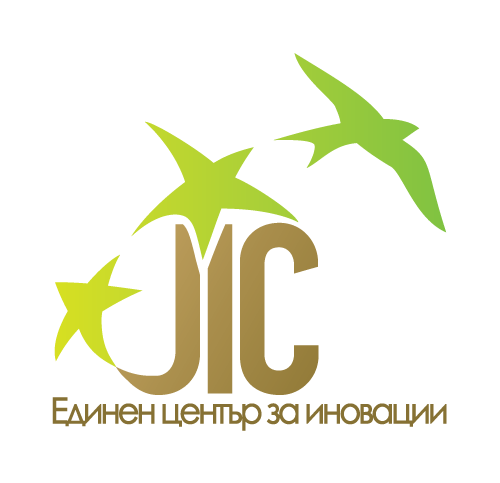LICENSE AGREEMENTS
The Intellectual Property (IP) is a strategic asset for its owners that can be used to:
- implementation of a new product, method, service, etc.;
- protection against the entry of competitors;
- extending the life cycle of a product;
- distinguishing a product on the market from a similar product produced by another manufacturer, etc.
Exactly like any other type of property, the IP has its economic potential that can be realized in different ways. It could be valued using different methods and is an intangible asset. It could also be object of a special pledge, could be sold, licensed, or even inherited.
The implementation can be carried out personally – through one’s own enterprise. It also can be carried by a 3rd party, by selling the object or by granting a licence for it.
The licence is a permission to use the rights on an IP object, which is given to a third party by the owner of the right.
The licence is granted through a contract by virtue of which the owner or applicant of an IP object, whilst retaining their ownership, authorises a third person to use the IP object in the course of trade, under the terms and conditions set out in the contract. The parties of the contract are the licensor (the owner of the object of intellectual property) and the licensee (the person who receives the right to use the object). Usually the licensor receives royalties or fees from the licensee for the rights granted in the licence agreement.
When the licence is granted to only one person, it is exclusive, and when there are many licensees, it is non-exclusive. When the full volume of rights is transferred to the licensee, for the entire period of protection of the object of intellectual property, the licence is full, and when there is a limitation – in terms of territory, limited time, scope, etc. – it’s limited. Licences can also be: a voluntary licence; forced licence; opposite licence; cross-licence; sublicence, etc.
There are different ways of paying licence fees – for example, a lump sum or royalties.
In licensing, the owner of an IP retains its ownership and gives permission to a third party to use it to the extent specified in a contract called a licence agreement. On the other hand, the sale of an object of intellectual property is possible. In this case, ownership of the object passes entirely from the original owner to a new owner under the conditions specified in the contract. According to the Commercial Law, these contracts must be in writing.
Licence contracts and contracts for the sale of an IP object, when it comes to objects of industrial property, enter into force with respect to third parties, after their registration in the Patent Office.
